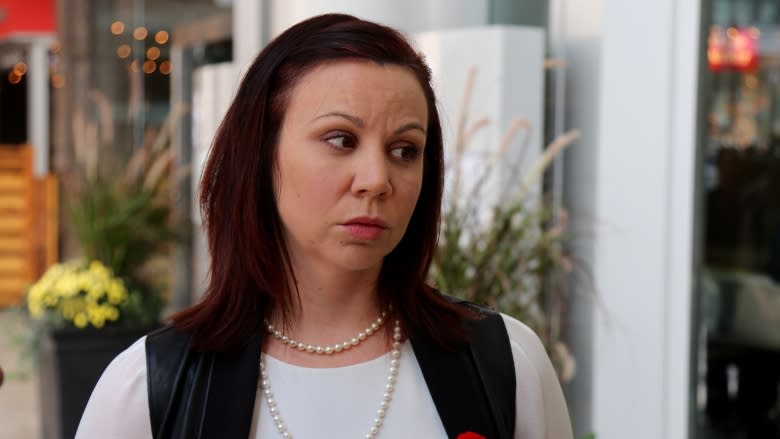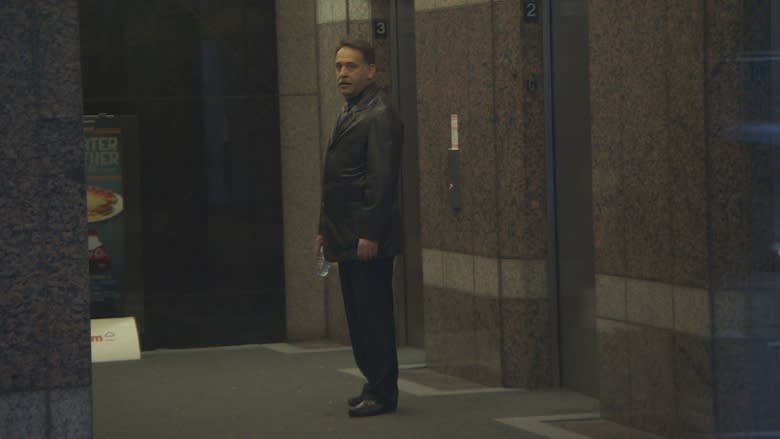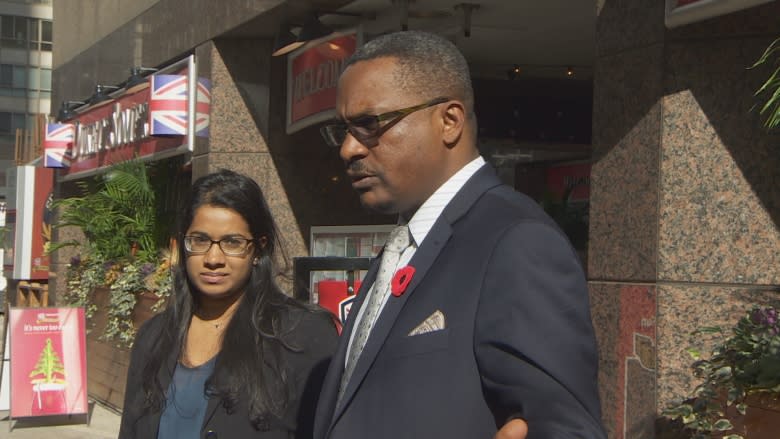Toronto police officer alleges 'repeated and systemic' sexual harassment on the job
A Toronto police officer says she suffered "repeated and systematic" sexual harassment by her supervisors in a "poisoned work environment" that eventually pushed her to take medical leave, the Human Rights Tribunal of Ontario has heard.
Heather McWilliam alleges she was "humiliated and segregated" over nearly eight years as a constable at 23 Division, including being called "degrading names" such as "c--t, bitch and dyke."
McWilliam, a former RCMP officer, says a superior officer once made a sexual joke about wanting her to "ride his horse."
There were other jokes about masturbation and oral sex, McWilliam alleges, and she says a superior officer once passed around photos, taken from Facebook, of her and other female officers in bikinis.
None of the allegations has been proven at the tribunal.
No one from Toronto Police Services can comment on the matter while it's before the tribunal, spokesperson Mark Pugash told CBC News. Pugash added the response by the Toronto Police Service to the allegations will come from its lawyers at the tribunal.
McWilliam filed her application to the Human Rights Tribunal in 2014, the same year she went on medical leave due to the stress she says the harassment caused her. She is still on medical leave.
Named in the application are Angelo Costa, a sergeant at 23 Division, and the Toronto Police Services Board.
McWilliam's lawyer, Kate Hughes, says the application is not about a few "bad apples" but rather a "poisoned workplace environment" within Toronto police that condones and accepts harassment against female officers.
"They are the object of jokes, the object of sexual objectification, talking about how they look, and the size of women's breasts," Hughes said on Thursday.
Female officers who come forward with complaints are considered "rats" and not "team players," Hughes said, which is particularly concerning for police officers who rely on each other for protection on the job.
"They may have to save your life one day," Hughes told the tribunal.
Filing complaints is a "career ender" for female officers, Hughes argued, and many who do are pushed to settle outside court, which keeps the allegations private.
Hughes said since the hearing began last week she's been contacted by several other female Toronto police officers alleging harassment.
On Thursday she argued to have two of them added to the hearing witness list to provide evidence that sexual harassment within Toronto Police is widespread and systematic.
But the lawyer for the Toronto Police Services Board, Amandi Esonwanne, challenged this on Thursday, arguing that McWilliam's alleged incidents are specific to a small part of the force.
"The only environment that was described in this application is 23 Division," Esonwanne told the tribunal, arguing that adding the two additional witnesses would be "totally irrelevant."
While McWilliam let her lawyer comment about the application, she did give a message to media outside of the tribunal offices:
"To the female officers out there who are still suffering in these conditions at Toronto Police Service and who have not come forward, and they are fearful, we're still going to fight for you, even though you're unable to. We still know you're out there and we want to fight for you."





